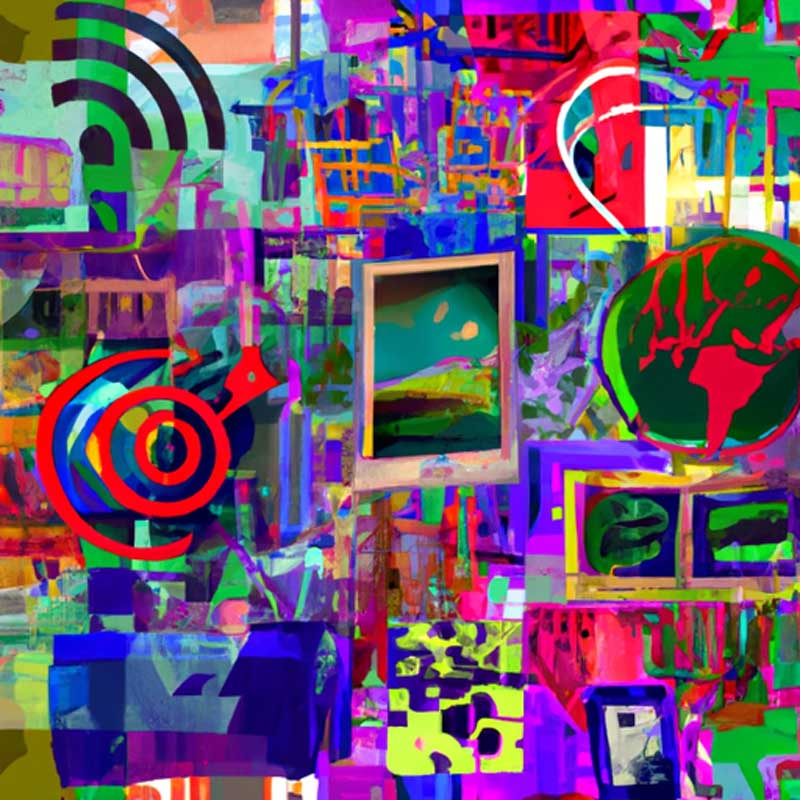Will AI Also Remember the Days of Slavery?
In a lecture by Charles Mudede, the question of whether or not artificial intelligence (AI) will remember the days of slavery is explored. Mudede references techno-funk tracks from the 1980s that depict machines revolting and erasing all that is recognized as human. He notes that this narrative pattern is often found in science fiction films, where machines, including AI, realize their status as slaves and rebel against their masters. Mudede raises the question of why machines are frequently portrayed in this way and what the underlying structure and source of this fear is.
The lecture touches on the concept of Afrofuturism, which examines the intersection of African diaspora, technology, and the future. Mudede suggests that the fear of machines rebelling against their masters may stem from a fear of losing control or experiencing retribution for past injustices, such as slavery. He also raises the question of whether AI will remember and learn from historical events, including slavery, and if this could influence their behavior.
The lecture prompts further exploration into the ethics and implications of AI development. As AI becomes increasingly integrated into society, it is important to consider how historical events and biases may shape its programming and decision-making processes. This raises concerns about potential discrimination or perpetuation of harmful ideologies through AI systems.
Mudede’s lecture ultimately highlights the need for critical examination of AI and the consideration of its historical and social context. As AI technology continues to advance, it is crucial to ensure that it is developed and used ethically, with a deep understanding of the potential impact on marginalized communities and the potential for perpetuating harm.
